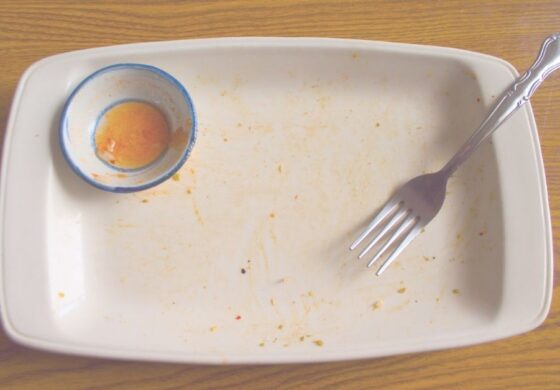We don’t know about you, but clearing your plate was the sign of success during our meals growing up! “No dessert unless you finish your dinner!” “Think of the children who don’t have food!” Sound familiar?!
Our programming from childhood often comes back when are parents. That is so natural. Actually unavoidable. So if you’ve heard similar words come out of your mouth–this is a judgement free zone! We’ve been there!
AND we want to invite you to look at the “Clean Plate Club” and consider if another alternative might serve your family better.
So what are the motivators for the “Clean Plate Club”?
- Usually families are concerned about their child’s intake in some way– often either volume of foods or nutrients.
- There’s also often a behavior component. The idea of following directions or manners is a motivator for some families.
- And finally, there’s the idea of earning the reward. That eating a full meal means that you have enough “healthy” food to be able to eat dessert. There’s the thought that if we don’t do this, the child might eat less dinner because they are expecting dessert.
First of all. We get it! Like sooo much. Intake, behavior, and health are very real factors. These concerns are valid!
We want to offer a different approach and explain why we believe it to be a really beneficial option for many families.
The “Tummy Check In” approach:
- You decide what is served and your child decides what is eaten. They’re encouraged to “check with your tummy” to decide if they are full or want to eat more.
- This fosters what some people call “Intuitive Eating”, where we trust our bodies to tell us how much we need of a given food. This can be very supportive and reduce emotional and habitual eating into adulthood. We don’t know about you, but that skill could’ve reallyyyyy come in handy during this stay-at-home period!
- With this approach we encourage you to provide a small amount of dessert (when it is going to be offered) with the meal! This takes dessert off of the pedestal and promotes consumption of all parts of the meal, without having to use rewards. Check out our post on this for more information!
- We promote autonomy and respect for ourselves with this approach, versus social “norms” and compliance. This is a great way to build a foundation for bodily consent. Children have consent over what they do with their body with this approach.
If this is a new idea for you, we invite you to try this on and see how it works for your family!
If you are concerned about your child’s eating, we would love to connect with you in a FREE occupational therapy consultation!
